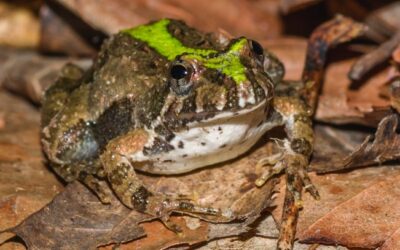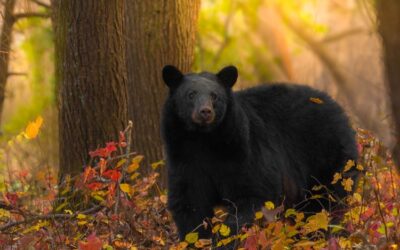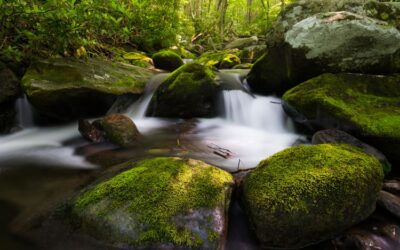Create and Certify Your Own Wildlife Habitat
Gardening for wildlife is fun, inexpensive, and an easy way to make a lasting impact for wildlife.
Tennessee Wildlife Federation is committed to wildlife habitat conservation, big and small. So, we’ve partnered with National Wildlife Federation (NWF) to help you create a wildlife haven in your own yard—whether you have a rolling rural property, a tiny urban lot, or a container garden on your balcony.
But you don’t have to stop at home. You can even take on certifying your school, your church, or even your entire community—just like Knoxville did.
After all, 90 percent of Tennessee’s land is in private hands. That means providing the basics for our diverse wildlife is up to you!
Every Certified Wildlife Habitat provides wildlife the essentials
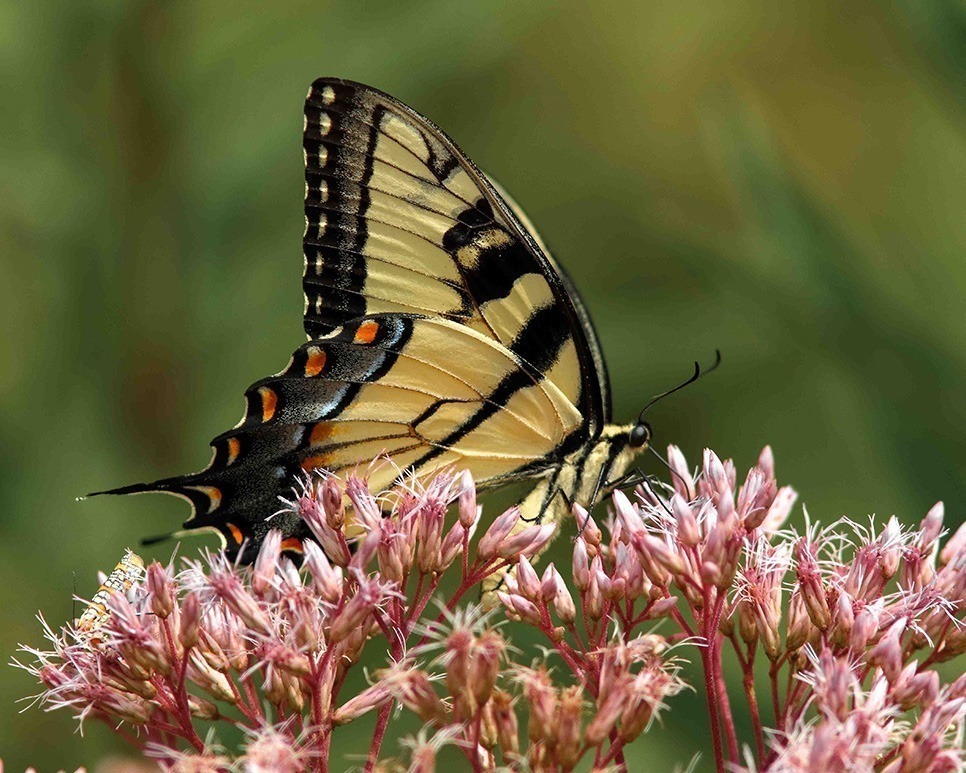
Food
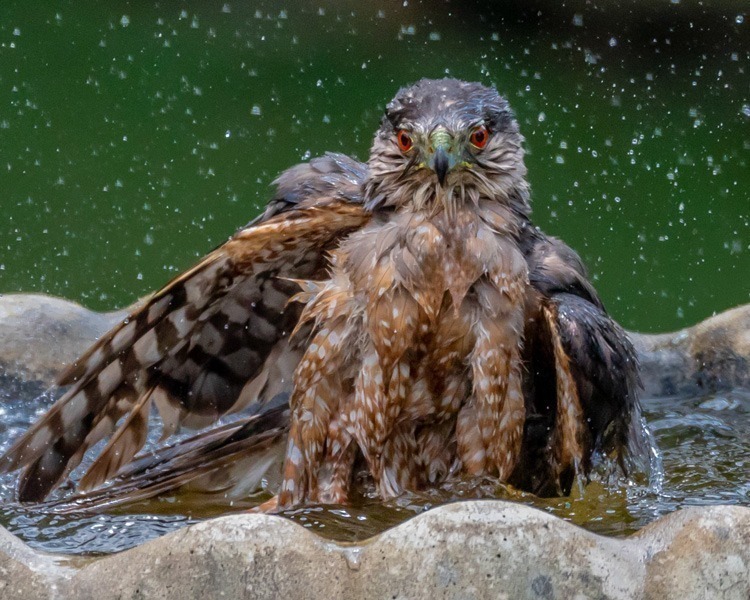
Water
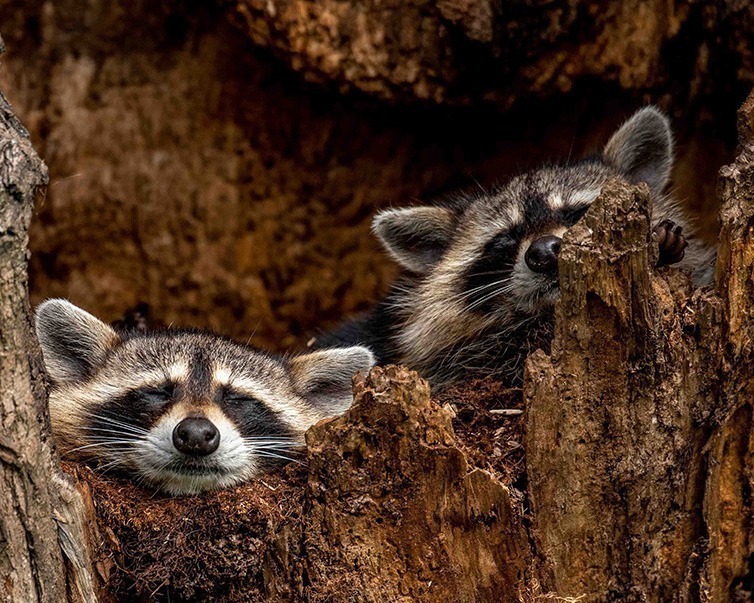
Cover
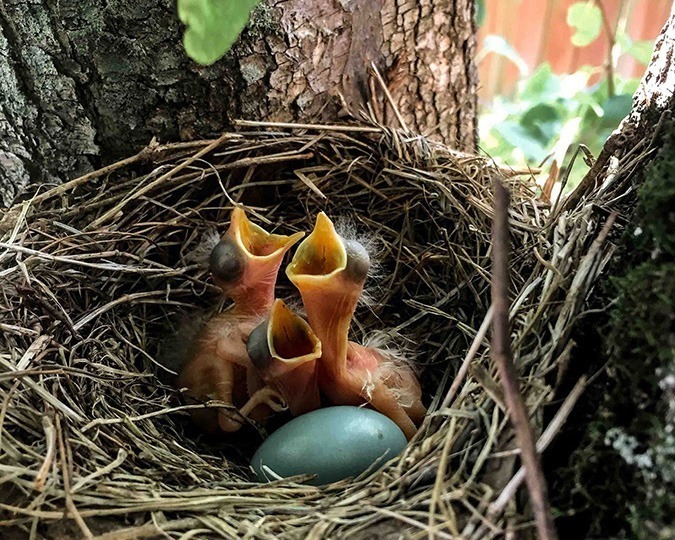
Places to raise young
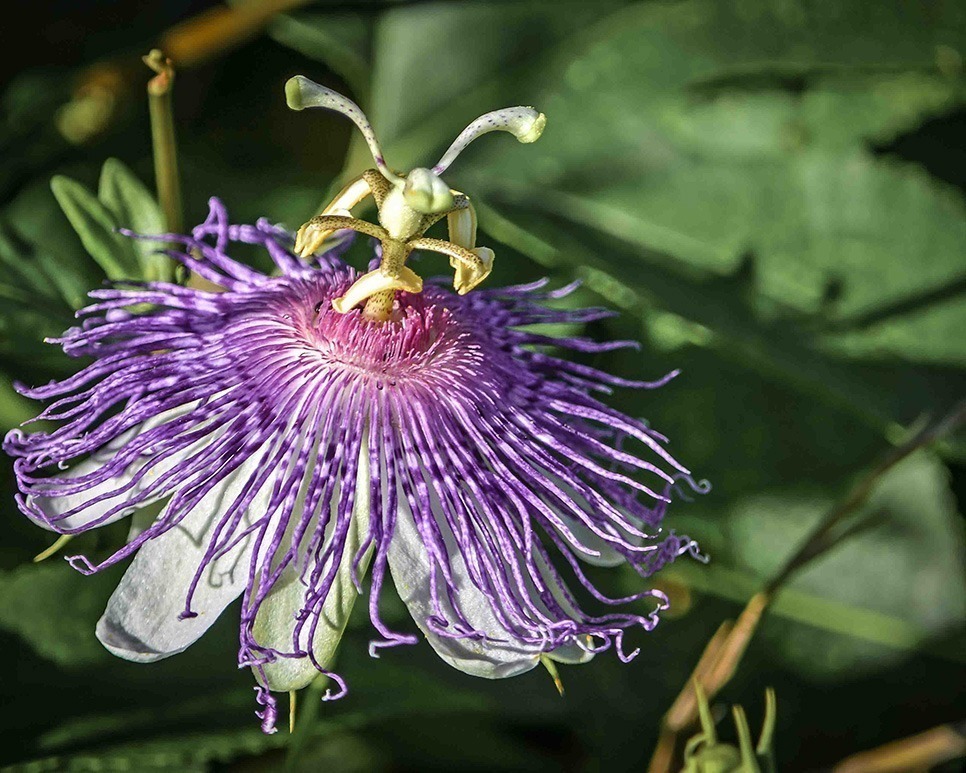
Sustainable practices
Food


Water
Cover

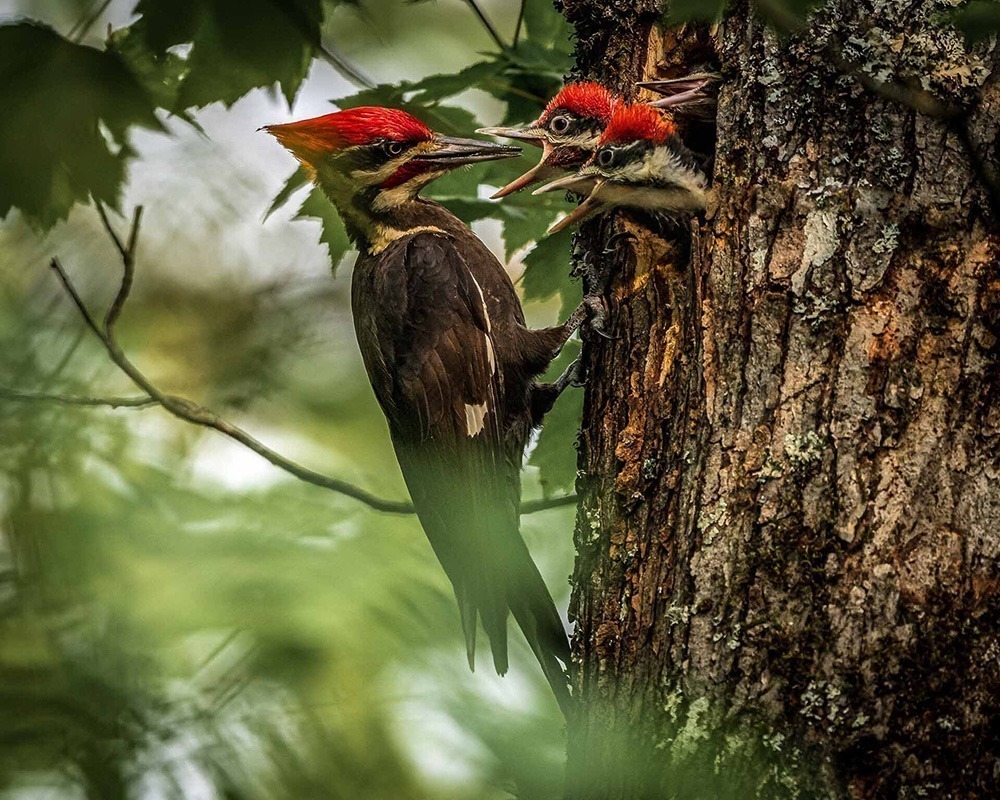
Places to raise young
Wildlife needs resources to reproduce as well as to protect and nourish their young. To certify, your habitat needs at least two places wildlife can raise young, such as a nesting box, mature trees, or a thicket.
Sustainable Practices

Meet Tony
 With the help of Tony Lance, our resident naturalist, ornithologist and gardening guru, you can put your commitment to conservation in action. When we each do our part, we can keep Tennessee the most biologically diverse inland state in the country.
With the help of Tony Lance, our resident naturalist, ornithologist and gardening guru, you can put your commitment to conservation in action. When we each do our part, we can keep Tennessee the most biologically diverse inland state in the country.
The application processing fee is just $20 and you’ll receive a certificate to designate your newly Certified Wildlife Habitat. You’ll also receive exclusive NWF member benefits while supporting conservation statewide.
Have questions about certifying your wildlife habitat? Send him a message!
Learn more
Looking Back On A Year of Certifying Wildlife Habitats
Last year—as part of Tennessee Wildlife Federation’s commitment to conserving habitats big and small—we partnered with the National Wildlife Federation to help you create a wildlife habitat in your...
Stop Selling and Transferring Public Lands
Our public lands are part of the American identity. They sustain fish and wildlife, and provide outdoor recreation and clean air and water. In Tennessee, public lands generate $30 billion in...
Advancing Funding for the Land and Water Conservation Fund
From national and state parks to community trails and historic sites, the Land and Water Conservation Fund (LWCF) provides public access and outdoor recreation opportunities—from hunting and angling...

